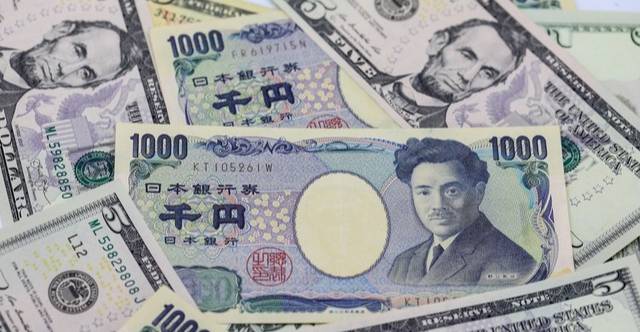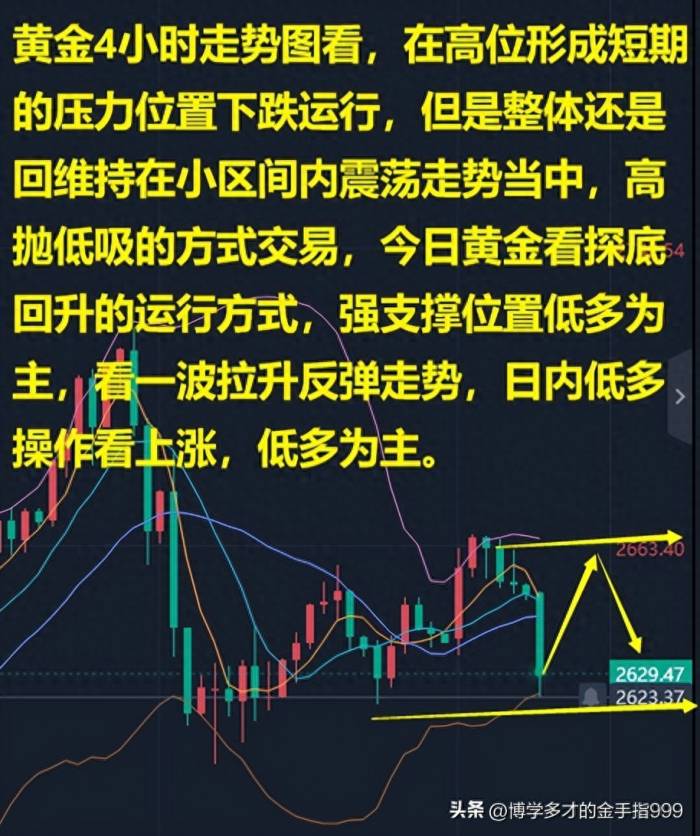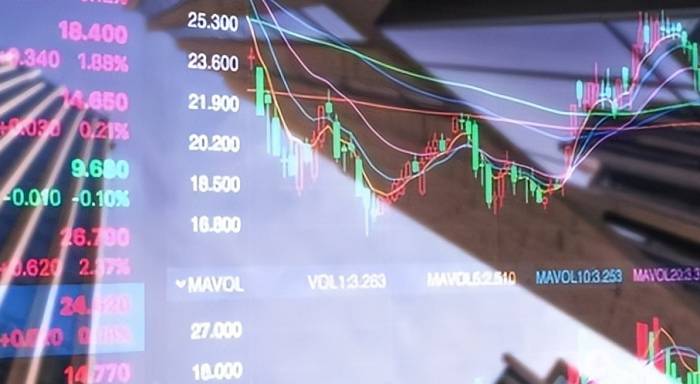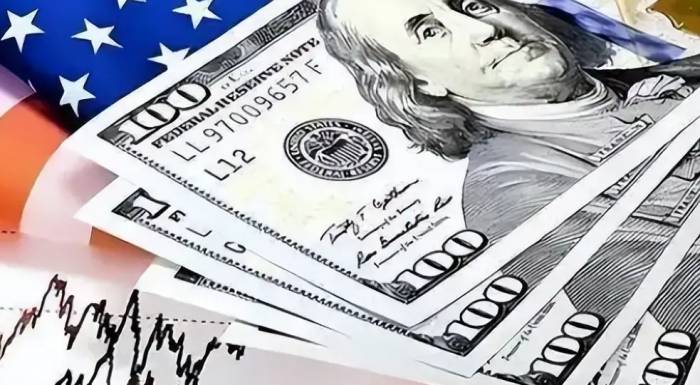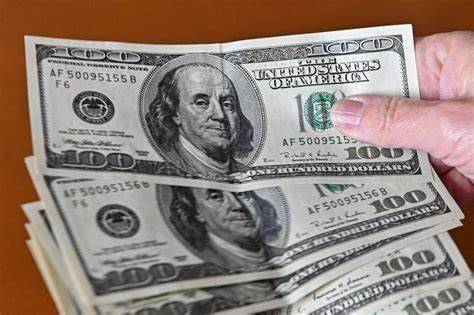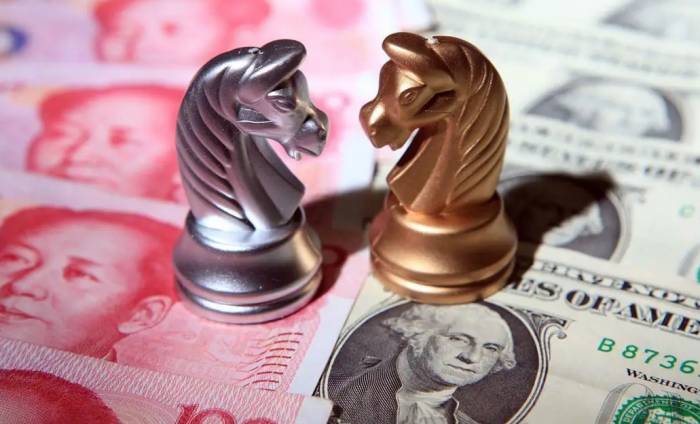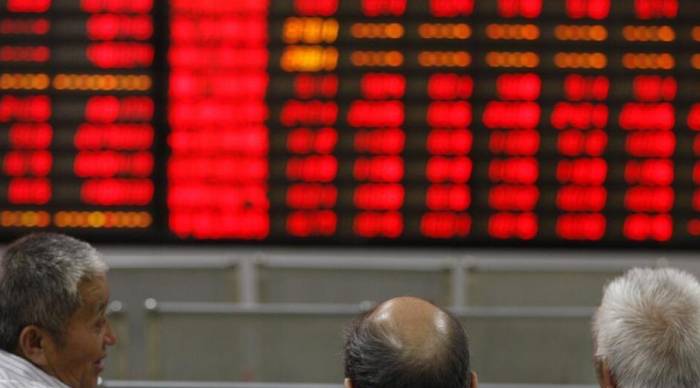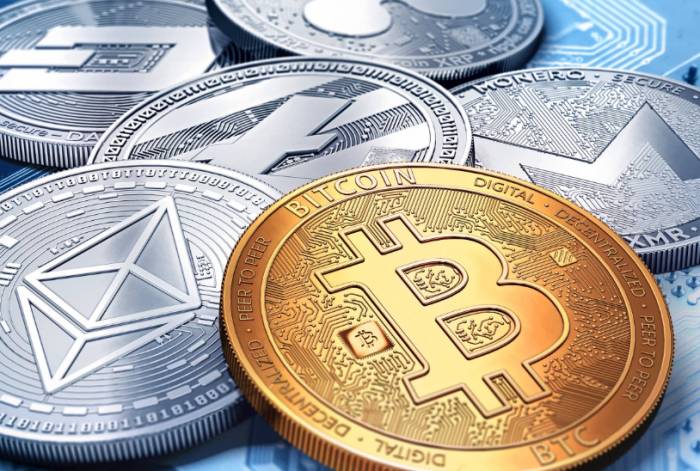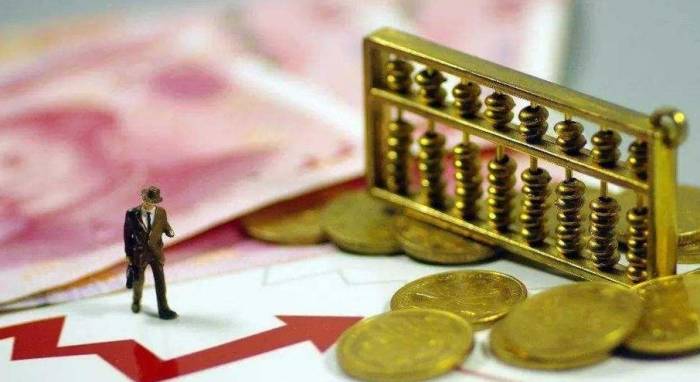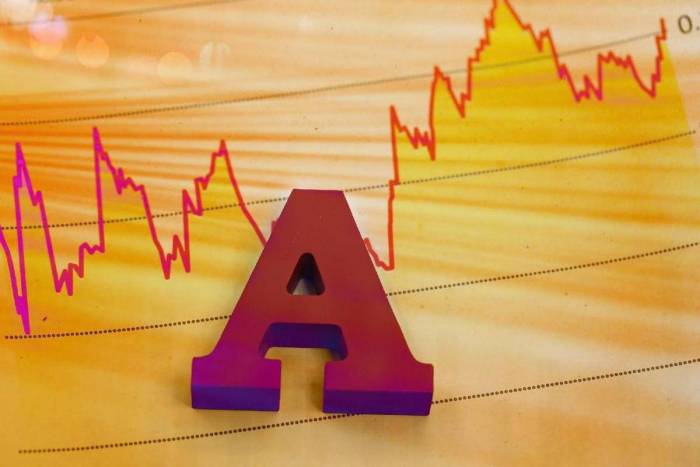As the world navigates through economic uncertainty and seeks avenues for recovery, the semiconductor industry has emerged as a focal point for investment and speculation. Recently, the landscape for semiconductor stocks, particularly in the Chinese A-share and Hong Kong markets, has been marked by fluctuations, driven by both exuberance and caution among investors. Notably, Semiconductor Manufacturing International Corporation (SMIC) achieved a milestone by reaching a record high for the first time in three years, reigniting discussions around the resilience and potential of Chinese tech stocks.
October has proven to be particularly fruitful for semiconductor stocks on the Hong Kong market. A rally ensued, with major players like SMIC leading the charge, reporting an impressive 21.76% increase in share price. Other notable entities, such as Fudan Microelectronics and Hua Hong Semiconductor, also benefited from this surge, boasting gains of over 14%. However, the spectacle was intensified by smaller, lesser-known stocks; for instance, Mind Tech peaked with a staggering 599% increase at one point, though ultimately it settled with a remarkable but volatile rise of 275.94%. Nevertheless, this volatility has raised questions about the sustainability of such gains, particularly since many small-cap stocks are not receiving long-lasting attention from capital markets.
Analysts have speculated that the recent surge stems from heightened investor enthusiasm, drawing parallels with historical trends indicating that technology stocks frequently catch investors’ attention preceding substantial rallies. Renowned institutions like CCB International have forecasted that the semiconductor sector may soon undergo a revaluation phase. Yet, reality casts a slightly less optimistic hue, evident from the volatility experienced following initial gains.
Following the National Day holiday, shares of SMIC stumbled, enduring three consecutive days of declines. From a closing price of HK$33.30, the stock plummeted to HK$25.50—an approximate 23% drop over just three trading days. Other prominent stocks like Fudan Micro and Hua Hong Semiconductor mirrored this trend, entering a downtrend as well.
Despite earlier Tantalizing performances in the year, this collective downturn raises a pivotal question: Could this be a critical turning point for semiconductor stocks in Hong Kong? Through the lens of well-known stocks like SMIC, the industry’s future trajectory merits examination.
An analysis of the prevailing phenomena reveals a worrying trend in the semiconductor sector—a striking case of rising revenues that do not translate into profits. In recent months, SMIC has taken center stage as an indicative barometer of capital market trends for domestic chip stocks, closely tied to the nation’s aspirations within the semiconductor landscape. The recent escalation in SMIC’s stock prices has prompted discussions among market participants regarding a strong rebound in the semiconductor sector.
SMIC, as China's premier integrated circuit manufacturer, plays a pivotal role within the global semiconductor supply chain. Over the years, technological advancements have markedly escalated, with SMIC transitioning from 28nm technologies to groundbreaking 14nm processes and beyond. This rapid progression has solidified SMIC’s position as the world's third-largest wafer foundry, with a market share of 6%, as reported by Counterpoint Research, falling only behind TSMC and Samsung.
The need for semiconductors has remained robust, especially in the context of technological disruptions fueled by artificial intelligence and 5G technologies. As a response, SMIC recorded a dramatic rise in revenue from approximately ¥21.74 billion in 2019 to ¥50.66 billion in 2022—over double the initial figure. Furthermore, net profits skyrocketed from ¥1.64 billion in 2019 to ¥12.66 billion in 2022, landing near an eightfold increase. However, 2023 did not mirror this growth trajectory due to several constraints, resulting in a revenue dip to ¥44.77 billion, a decline of 13.09%, alongside a substantial net profit decrease—falling by over half from the previous year.
Despite these setbacks, the first half of 2024 marked a resurgence for SMIC, recovering from previous downturns with a revenue increase of 20.8%, culminating in ¥26.02 billion. This rebound follows four successive quarters of declining revenues, highlighting a significant turnaround. However, the company's dynamics remain stark, as evidenced by a 62.71% squeeze in net profits during the same timeframe, resulting in increasingly frequent declines when analyzing the six most recent quarters.
Industry veteran "Guo Hu" (a pseudonym) cited this “gain in revenue without corresponding profit” as emblematic of broader industry trends. The semiconductor industry is under a competitive siege, with giants like TSMC and Samsung adjusting prices in attempts to reclaim market share, leading domestic manufacturers like SMIC to respond with reduced pricing strategies. This dynamic has drastically affected product prices, placing pressure on profit margins and underscoring the industry's cyclical nature.
Taking a closer look at TSMC’s performance illuminating these trends, the giant’s net profits declined consecutively over three quarters from Q2 to Q4 of 2023, with drops ranging from 23.3% to nearly 25%. It was not until Q1 of 2024 that TSMC managed low but positive growth at approximately 8.94%. Their revenue also plunged significantly in the latter half of 2023, a trend mirrored by Samsung, which announced staggering profit contractions of 95% last year.
Despite the tumult, the overall ambiance in the semiconductor sector remains encouraging. SMIC’s financial report cited improved revenue stemming from higher wafer sales, leaping from 2.655 million 8-inch wafers the prior year to 3.907 million during the most recent reporting period—a staggering rise of 47%. However, a deeper analysis reveals that the relationship between sales volume and overall income is heavily skewed by declining average selling prices.
Market analysts have pointed out that as of the first half of 2024, average prices per wafer plummeted by 16.3%, revealing the contradictions at play. Moreover, while sales figures increased, the price erosion reduces the overall financial health of firms like SMIC, showcasing the intricate dynamics between demand fluctuations and market pricing.
Guo Hu confirmed that recent geopolitical tensions have exacerbated already precarious market conditions, inducing a widespread contraction across domestic and international chip sectors alike. He observed that even major players like TSMC and Samsung were not immune to diminishing orders stemming from market oversaturation. SMIC and its domestic peers have encountered similar hurdles as intense competition prompted price reductions across the board.
The financial performance of SMIC’s contemporaries, notably Longi Green Energy and Hygon Information, have showcased invigorated scenarios. Longi reported revenues soaring to ¥15.49 billion in the first half, up 27.22%, while Hygon experienced a remarkable 44.08% rise to ¥3.763 billion.
However, juxtaposed against their successes, companies like Fudan Microelectronics and Hua Hong Semiconductor have experienced downturns reflective of increased competition, with Fudan’s revenue slightly dipping by 0.12% and Hua Hong moisture down by over 25%. The decline has spanned over four quarters of consecutive decreasing net profits for Hua Hong, emphasizing the shifting landscape for both larger and smaller semiconductor firms.
In summation, the semiconductor sector remains within a landscape fraught with evasive maneuvers, situated atop contrasting narratives of rapid growth and sharp market corrections. As these firms continue to navigate through competitive strife and volatile market conditions, the anticipated recovery in demand and gradual restoration of the semiconductor market demonstrates optimism. Fundamental demands driven by emerging technologies underscore the sector's robustness and potential, prompting sustained investor interests despite occasional hiccups. As we delve into 2024, recommendations align more firmly with prudent evaluations based on holistic market assessments and strategic foresight, figuratively allowing the chips to fall where they may.




